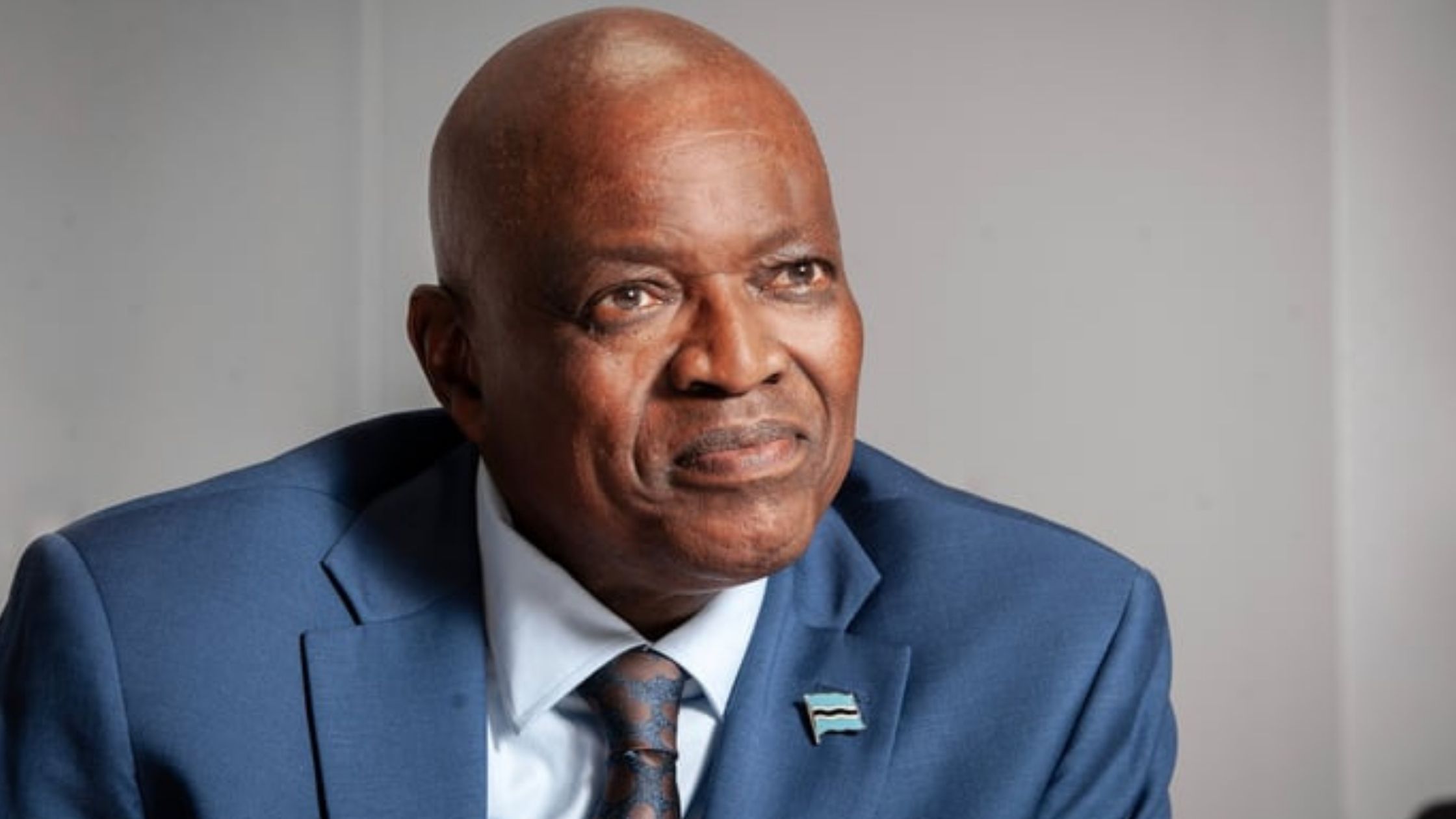Botswana’s newly elected President, Duma Boko, has outlined a bold vision for his country, including plans to legalize undocumented Zimbabwean migrants by providing them with temporary work and residence permits. In an interview with the BBC Africa Daily podcast, Boko highlighted the valuable contributions that Zimbabwean migrants make to Botswana’s economy, even as tensions rise over their presence.
“They do jobs that would otherwise not get done,” Boko said, emphasizing that Zimbabweans often fill labor gaps in domestic and farm work—roles that many Batswana typically avoid. This workforce, however, largely operates without legal status, and daily deportations reflect Botswana’s ongoing challenges with its migrant population.
Botswana, a diamond-rich southern African nation, hosts the world’s second-largest community of Zimbabweans escaping economic turmoil back home. For two decades, Zimbabwe has struggled with hyperinflation and political strife, driving thousands of its citizens to seek work and refuge in neighboring Botswana. Today, Zimbabweans make up an estimated 98% of the country’s undocumented migrants.
With his inauguration scheduled for Friday, Boko, 54, steps into power after a historic election that saw him end a 58-year rule by the previous governing party. Now, he faces the difficult task of managing migration and economic reform—a plan he acknowledges may face pushback within Botswana.
“They come in and are undocumented, with limited access to amenities and opportunities. This forces many to live outside the law, resulting in criminal behavior that fuels resentment,” Boko noted. “What we need to do is formalize their presence through proper arrangements.”
Some of Botswana’s citizens fear that Boko’s proposal could trigger an influx of even more Zimbabweans, especially after a controversial proposal last year to use identity cards instead of passports for cross-border travel. That plan was met with backlash, as many worried about increased competition for jobs and resources.
Boko believes, however, that integrating Zimbabwean workers can benefit Botswana, especially by promoting skill-sharing programs. “In every construction site in Botswana, most skilled workers—welders, plumbers—are from Zimbabwe. We need to harness and transfer these skills to our citizens,” he said. Boko envisions a “twin program” where Zimbabweans bring critical skills while training Botswana’s workforce.
Beyond migration policy, Boko’s primary focus is reviving Botswana’s economy. He is eager to renegotiate the country’s diamond deal with De Beers, one of the world’s largest diamond corporations. Boko criticized his predecessor’s handling of negotiations and said a fresh agreement would help stabilize Botswana’s diamond revenue, bringing confidence to investors and creating jobs.
With an ambitious goal of creating 100,000 jobs each year, Boko said, “We are facing a crisis of unemployment. For a country of 2.4 million, with nearly 30% unemployed, it’s a ticking time bomb.” He also emphasized the importance of fostering entrepreneurship, pledging government support to help young people start businesses and access markets.
Boko, a human rights lawyer and the founder of the Umbrella for Democratic Change (UDC) party, is set to be inaugurated on Friday in Gaborone, with celebrations marking a new era in Botswana’s leadership. His bold approach on migration and economic reform is already making waves, setting the stage for a presidency focused on inclusion and opportunity.
